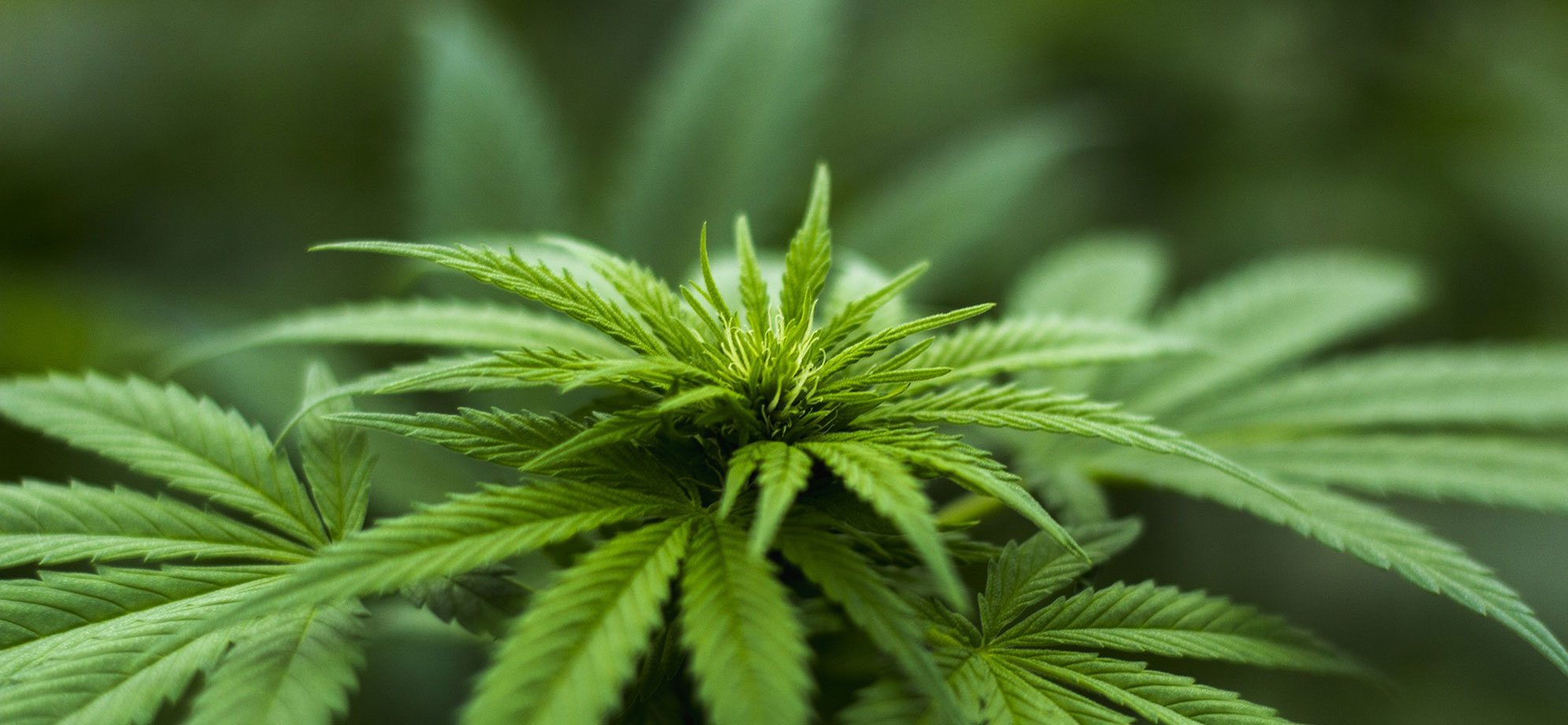CBD has been making a few headlines recently. Just this summer it was approved by the FDA for use in several anti-seizure medications, and research about its other potential health benefits pop up frequently in the news. All this has spurred national interest in the compound, but many people don’t have much of a clue what CBD actually is, where it comes from, or how to get it. Here are some of the most commonly asked questions about CBD oil.
What is CBD?
Cannabidiol, or CBD, is a compound found in cannabis plants. CBD can be extracted from the hemp plant or certain strains of the marijuana plant. Cannabis plants meant for CBD consumption are usually labeled as “CBD-rich,” which means there is an equal or greater concentration of CBD. This is not to be confused with TCH or “CBD-dominant,” which means there is very little to no THC at all.
Does CBD make you high?
The short answer is no, CBD has no psychoactive properties and may even counteract the high felt from THC. Instead, CBD results in a calming feeling or one of pain relief, depending on the person and the situation.
Will CBD make you fail a drug test?
This question is a bit trickier to answer. The short answer is that no, CBD will likely not be the reason someone fails a drug test. There are exceptions, though. Usually, when an employer or other authority orders a drug test, the test is going to look for THC. CBD will not show up. However, if your CBD product of choice has trace amounts of THC–as some of them do–you may fail the test. If testing is a concern, you should always look for products that guarantee no THC.
Why take CBD?
People take CBD for a variety of reasons, but the most common are anxiety, pain, inflammation, and insomnia. CBD reacts with your own endocannabinoid system, prompting the brain to release the body’s natural cannabinoids, affecting general mood and pain reception.
How can CBD be taken?
The most common method of CBD consumption is the edible, but CBD can also be inhaled, applied topically, and absorbed under the tongue. Edible CBD products result in longer-lasting effects, but inhalation gets CBD into the bloodstream faster. It is important to note that topical applications of CBD do not enter the bloodstream and so it is most effective for inflammation near the surface of the skin, such as acne.
For more information, visit Sun State Hemp.

